Climate and Ag in the news
-
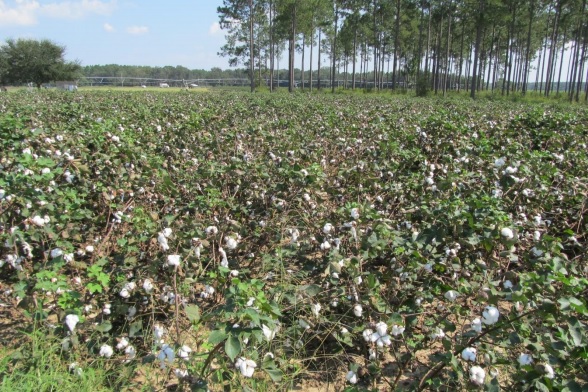
Even though the Atlantic tropical season is over for this year, we are continuing to see impacts from this year’s storms coming in. We are also still seeing impacts from the wet conditions that have occurred across parts of the region this year. Here are three stories which describe some recent impacts of this summer’s…
-
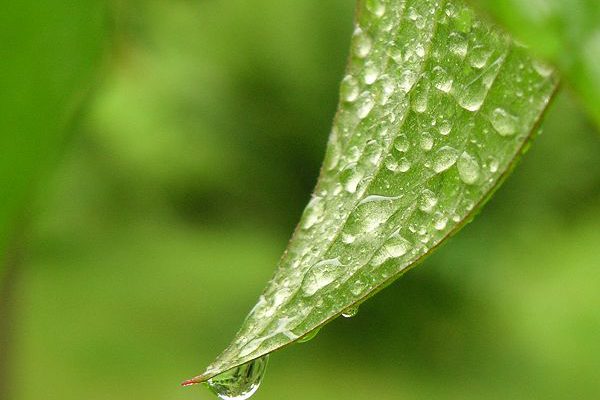
The warming of the global atmosphere over time is well known, although individual areas of the globe vary in what they are experiencing. Humidity is another variable that is changing, but in harder to discern ways. We know that as air temperature increases, it has the potential to hold more water vapor. But according to…
-
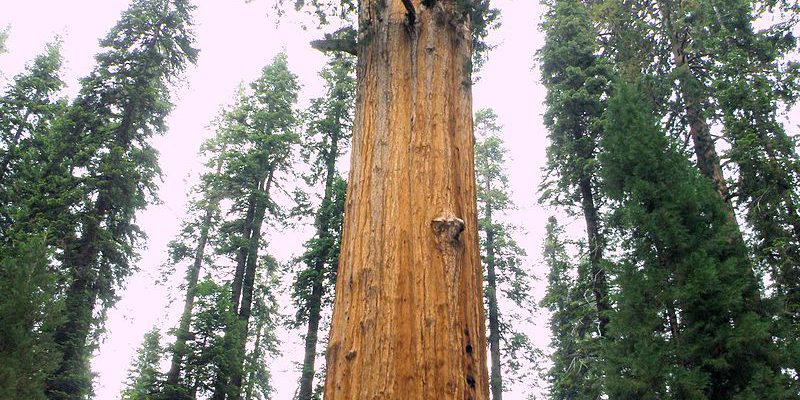
If you keep up with the news, you can’t help but hearing about all the wildfires that have been raging through the western US this year. In particular, some of the fires have been moving through lands where California’s oldest trees, including sequoia, redwood, and Joshua trees, live. Many of these old trees have perished…
-
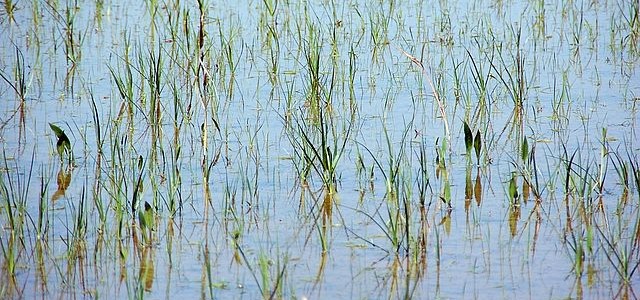
Growing rice uses a lot of water because the traditional way of doing it requires ponds of water or rice paddies to grow the crop. Now Israeli scientists have developed a new way of growing rice with drip irrigation that is estimated to save 70 percent of the water used by traditional growing methods. Besides…
-

If you farm or graze low-lying pastures, you may have special management challenges that other producers do not have. I thought this story from the Farm Press about one livestock producer and how he manages his herd of cows on river bottom fields was really interesting. To get the cattle to move from lo-lying ground…
-
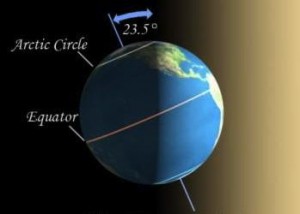
If you read this from my email link, by the time you get to it on Monday morning, astronomical winter will have begun. The official time of the winter solstice is 5:02 am EST, and tomorrow will be the shortest day of 2020. Of course, climatological winter began on December 1, so we are already…
-
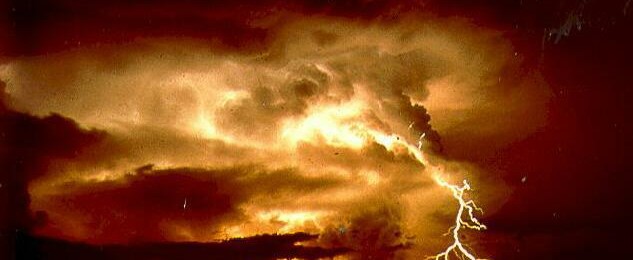
Here’s a really interesting story from Science magazine on a new way to date rocks. By looking at fossilized lightning strikes in rocks (called fulgurites) and measuring their amount of moisture, scientists can produce amazingly accurate dates of when the lightning hit. When lightning strikes the rock, it drives out all moisture, and the moisture…